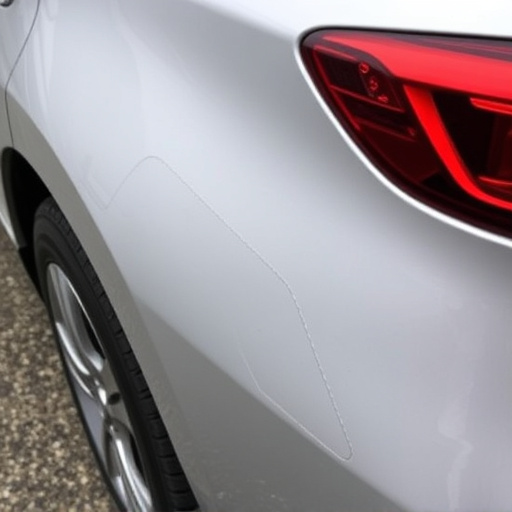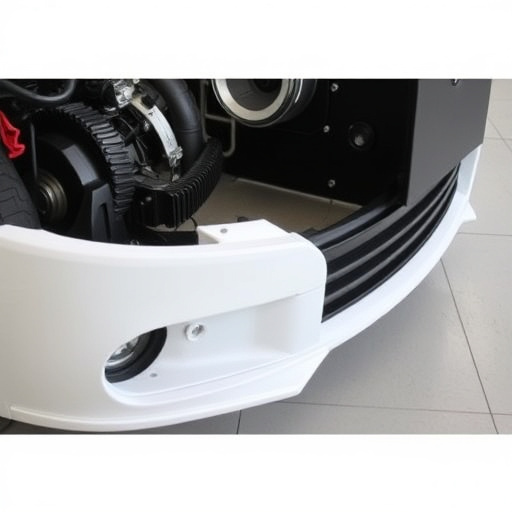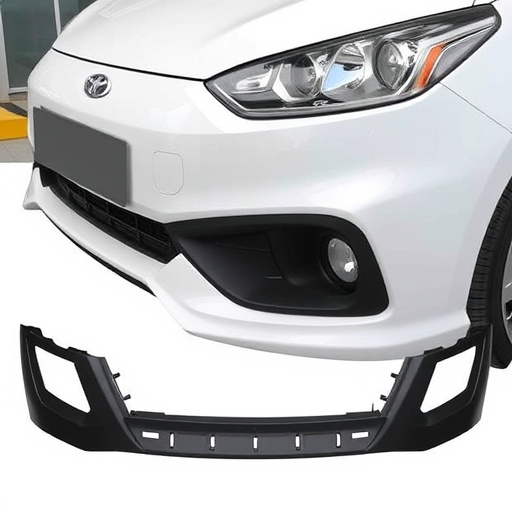Winter tires are crucial for reducing snow-related crash repair costs and risks. Their specialized tread patterns and rubber compounds improve traction and control on icy, snowy roads, leading to safer driving and fewer accidents. By preventing costly damage from fender benders and rollovers, these tires save money and enhance overall road safety during winter, significantly decreasing the need for snow-related crash repairs.
In regions with harsh winters, snow-related crash repairs are a significant concern. This article explores the pivotal role of winter tires in mitigating such risks. We delve into how these specialized tires function as a preventive measure, reducing the frequency of snow-induced collisions. By examining seasonal tire changes and their impact on road safety, we emphasize the crucial contribution of winter tires to crash prevention, ultimately enhancing overall driving security during winter months.
- Winter Tires: A Preventive Measure for Snow-Related Crash Repair
- Impact of Seasonal Tire Changes on Collision Frequency
- Enhancing Road Safety: The Role of Winter Tires in Crash Prevention
Winter Tires: A Preventive Measure for Snow-Related Crash Repair

Winter tires are a critical preventive measure designed to mitigate snow-related crash repairs. These specialized rubber compounds and unique tread patterns provide enhanced traction and control on icy and snowy roads, reducing the risk of skidding and accidents. By optimizing vehicle performance in winter conditions, they play a pivotal role in ensuring safer driving and fewer crashes.
For fleet repair services and even luxury vehicles like Mercedes-Benz collision repair specialists, the benefits are clear. Winter tires can help prevent costly damage from fender benders, rollovers, and other snow-induced incidents. Moreover, their impact extends beyond individual vehicle owners, as they contribute to overall road safety and reduce the frequency of dent repairs, making them a valuable investment for both drivers and repair professionals alike.
Impact of Seasonal Tire Changes on Collision Frequency

The transition from summer to winter tires can significantly impact road conditions and driver safety, directly affecting collision frequency. During winter, snow and ice create challenging driving environments, leading to increased risk of accidents and, subsequently, higher demands for crash repair services. Studies show that regions with harsher winters often experience a surge in snow-related crash repairs during the colder months.
As drivers adapt to the seasonal change, they must familiarize themselves with the handling characteristics of winter tires to navigate treacherous roads safely. This shift in tire performance requires drivers to be more vigilant and adjust their driving behaviors accordingly, potentially reducing some collision occurrences. However, it’s essential to note that proper seasonal tire changes alone may not eliminate all snow-related crashes but can certainly contribute to overall vehicle safety and the frequency of post-crash repairs at automotive body shops, including Mercedes Benz repair specialists.
Enhancing Road Safety: The Role of Winter Tires in Crash Prevention

Winter tires play a pivotal role in enhancing road safety during snowy and icy conditions, significantly reducing the frequency of snow-related crash repairs. These specialized tires are designed with unique features that improve traction and handling on winter roads. The deep grooves and flexible rubber compound allow for better grip, enabling drivers to navigate through slush, snow, and ice more effectively. This increased stability not only prevents accidents but also reduces the severity of collisions, leading to fewer extensive car body restoration or bumper repair needs.
By adopting winter tires, motorists can significantly decrease their risk of getting into accidents caused by slippery road surfaces. This is especially crucial for classic car owners who value both performance and preservation, as well as anyone concerned about the cost and time associated with crash repairs. The benefits extend beyond individual vehicles; they contribute to a safer overall driving environment, fostering a sense of security for all road users.
Winter tires have been proven to significantly reduce snow-related crash repair frequency, making them a crucial preventive measure for safer winter driving. By enhancing traction and handling on icy and snowy roads, these specialized tires play a vital role in lowering collision rates during the colder months. Embracing seasonal tire changes is not just about convenience; it’s an investment in road safety that can prevent accidents, minimize repairs, and keep drivers secure throughout the winter season.














